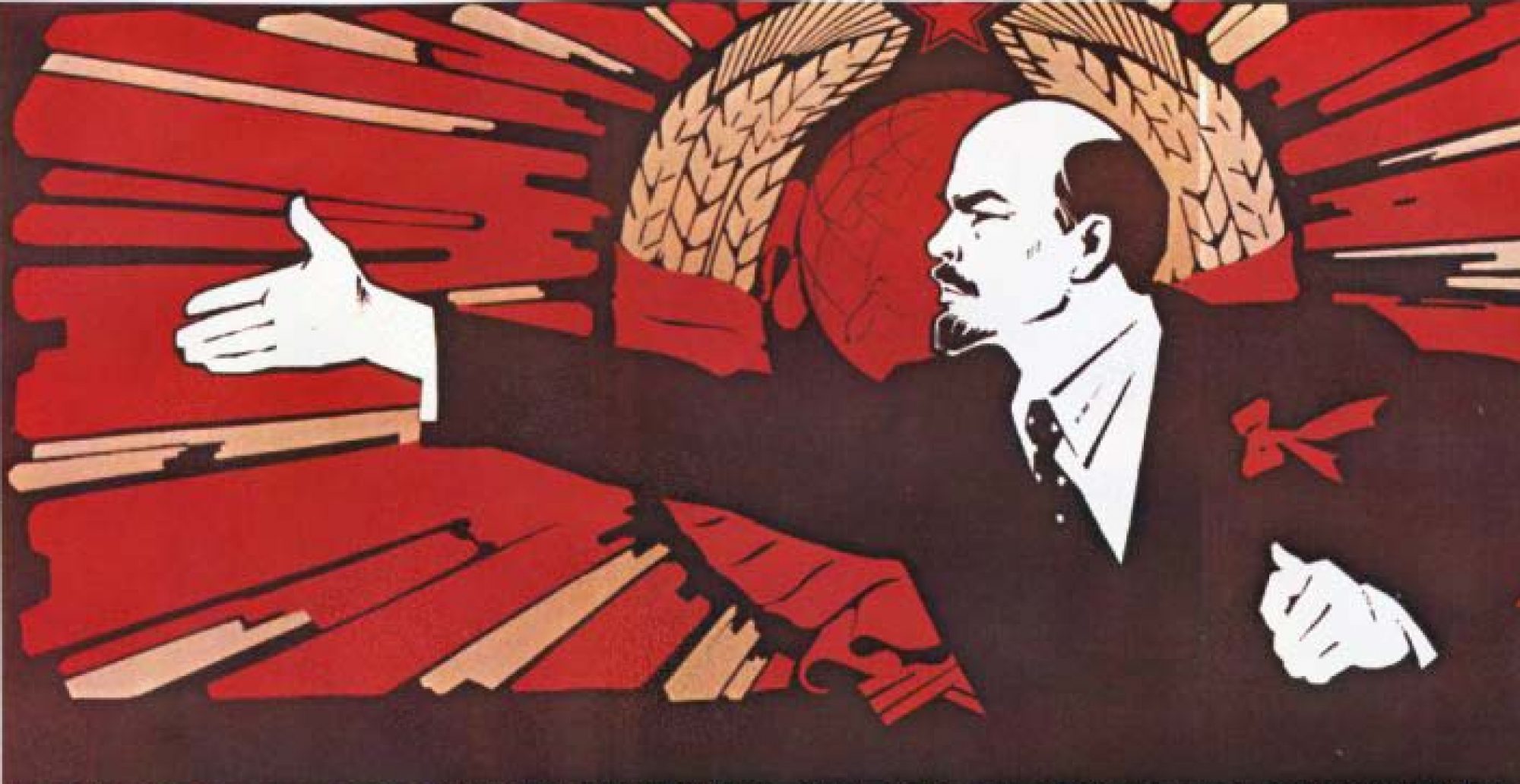Andrei Zhdanov, “Soviet Literature-the Richest in Ideas”
“Soviet Literature-the Richest in Ideas” by Andrei Zhdanov is all about using socialist literature as vessel to empower the working class. Zhadanov believes that writers are “engineers of the heart” and highlights the tenants that writers must encapsulate. First, they must depict art not in a scholastic way but in a revolutionary reality. Second, they should combine truthfulness with ideological remolding. And third they should make sure that their writing is very political in nature. Zhandov devotes time in his speech to tearing down Bourgeoise literature, calling it akin to pornography and denouncing it as unrelatable. After praising the art of socialist realism, Zhandov explains it is imperative for the average worker must engage with this material.
Questions:
- Zhdanov posits that the overall effect of socialist realism is to, “Create works of high attainment, of high ideological and artistic content. Actively help to remold the mentality of people in the spirit of socialism. Be in the front ranks of those who are fighting for a classless socialist society.” In what ways does How The Steel Was Tempered exemplify these goals, and in what ways does HTSWT fail to exemplify these goals???
- In what capacity would the average proletarian be able to interact with this type of literature?
- What would the government potentially do to incentivize citizens to read socialist realism?
- Does How the Steel Was Tempered depict a working class character that is realistic and accurate to the average worker?
Nikolai Ostrovsky, “How the Steel was Tempered,” p. 387-435.
Palev Korchagin, a boy who gets kicked out of school for pranking his priest-teacher, ends up going through a journey that starts at darkness and takes him to the light of a good Soviet worker. His Bolshevik journey begins by having his brother’s friend, Fyodor, hide out with him for a few nights from the Ukrainian Nationalists, and eventually, help free Fyodor from them and going to jail. Thus, Pavel went to join the Red army. Throughout his journey, he faces much within the aspect of life and death situations, but no matter what continues to work and for the most part enjoys the work.
Questions:
- What Soviet characteristics stand out in Ostrovsky’s story of Pavel Korchagin of what makes a person a good soviet worker? What qualities does Pavel have that make this story such a notable soicalist realism piece?
- What does the quote, “‘You were right, Akim, when you said these lads were worth their weight in gold. This is where the steel is tempered!'” (Ostrovsky, 429) mean to the state of the Russian state in 1917?
- How can we compare Ostrovsky’s “How the Steel was Tempered” to John Scott’s “Behind the Urals” based on the working and living conditions of the workers? Is there a difference between how much work was done or the effectiveness of the work?
